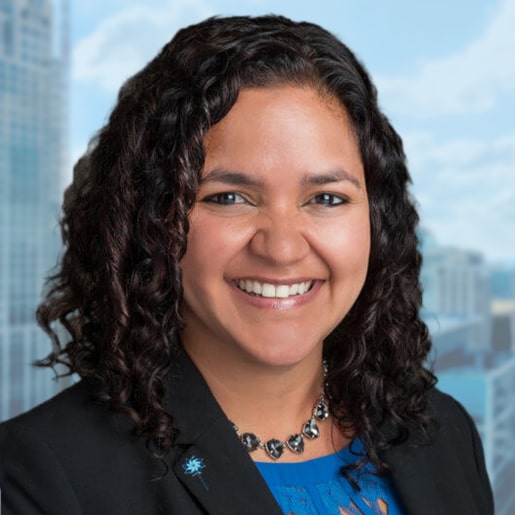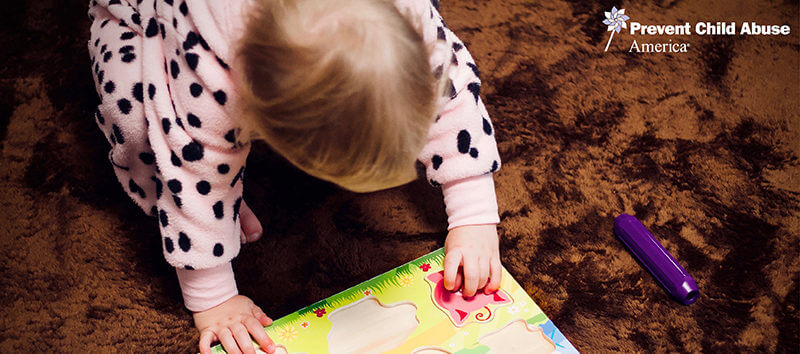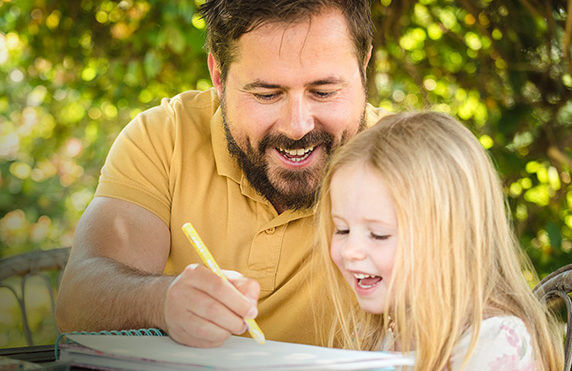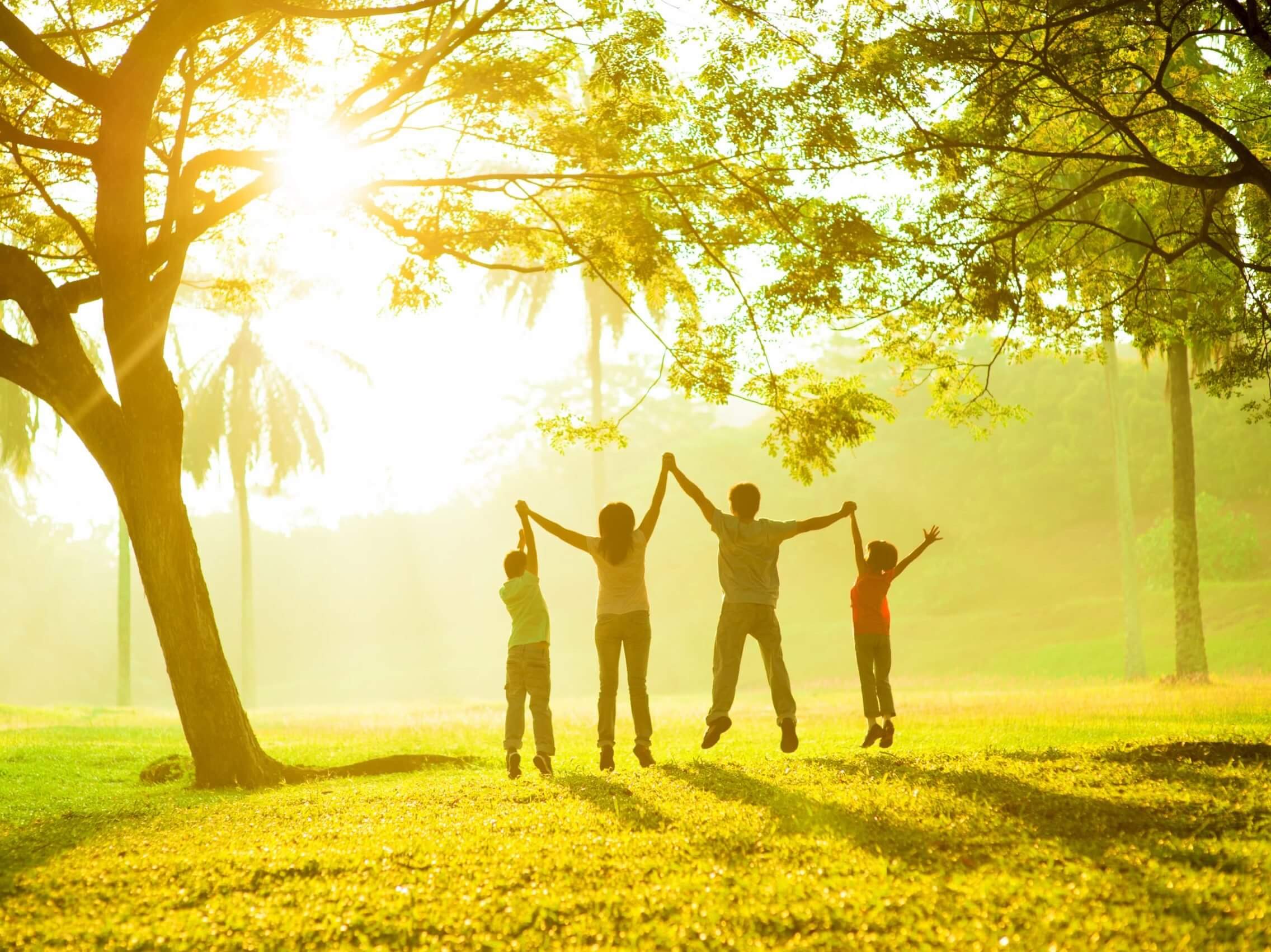In today’s news cycle, we see and hear about disasters, attacks, and other troubling events regularly. Children hear these stories too. Though they may not fully comprehend what’s happening, children are perceptive and understand when stories are frightening or cause stress and anxiety in their parents.
Many parents have questions on how to talk to children about events like these in the news. Here we’ve compiled some research and information on dealing with disasters in a way that is helpful to your children.
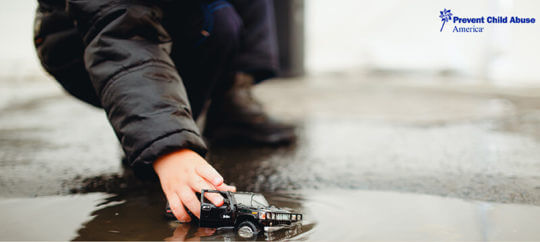
According to a study by the University of Arizona, disasters and troubling situations cause a significant rise in the amount of stress that children are forced to deal with. Even if your family was unaffected, news coverage and conversations overheard between adults can cause stress in children. But regardless of how it is that your child learns about these major events, as a parent you can help them deal with their stress and negative emotions in a healthy way.
How Should I Talk to my Child about Disasters?
First, it is important to let children work out their emotions. A study from Purdue University reports that it is important to answer the questions children have about disturbing news honestly, and to allow them to express the full range of emotions related to it (including fear or sadness). Ask your children how they feel about the event, and have them label their feelings. Also, be sure to ask what you can do to make them feel better.
Second, if your child asks you questions about the news, it’s OK to answer them. It’s important to make your child feel heard and also to help increase their understanding of the event. For example, if your child is concerned about natural disasters, first explain to them that no matter what you will always have a plan and you will be there to care for them. Then, if your child has questions about the specifics of an event—such as how or why it happened—you can talk through those questions according to your own values and how well you think your child will understand. Again, what’s most important is to make your child feel heard, nurtured, and safe.
When your child tells you about their feelings, ask them what they would like to do about them. Remember that no response is incorrect. Some children will want to help, others will want to play, and others may want to help. Dr. Judith Myers-Walls, an expert on how children deal with traumatic world events, has several suggestions on some actions that children and parents can take in order to deal with these events. One such example is to find a way for your child to feel like they are helping. Suggestions from Dr. Myers-Walls include:
- School-age children may want to help the community collect materials to support relief workers, draw, write poems, or letters, prepare a performance like a play, dance, or skits; or write letters to children who have lost homes or loved ones.
- Adolescents can help collect materials for the support of rescue-and-recovery workers, give blood, write letters to specific people or communities, organize a vigil or memorial service, or study architecture, transportation, or reconciliation.
- Young adults can reach out to international people in their community and organize discussion groups or action groups. They may want to study the history of the United Nations, the safety of buildings and transportation, or inter-cultural relationships.
For more information, check out this helpful resource from the Centers for Disease Control called “Coping with a Disaster or Traumatic Event.” Similarly, if you are concerned about the effect of trauma and stress on your child, you should visit the National Child Traumatic Stress Network for helpful information.

